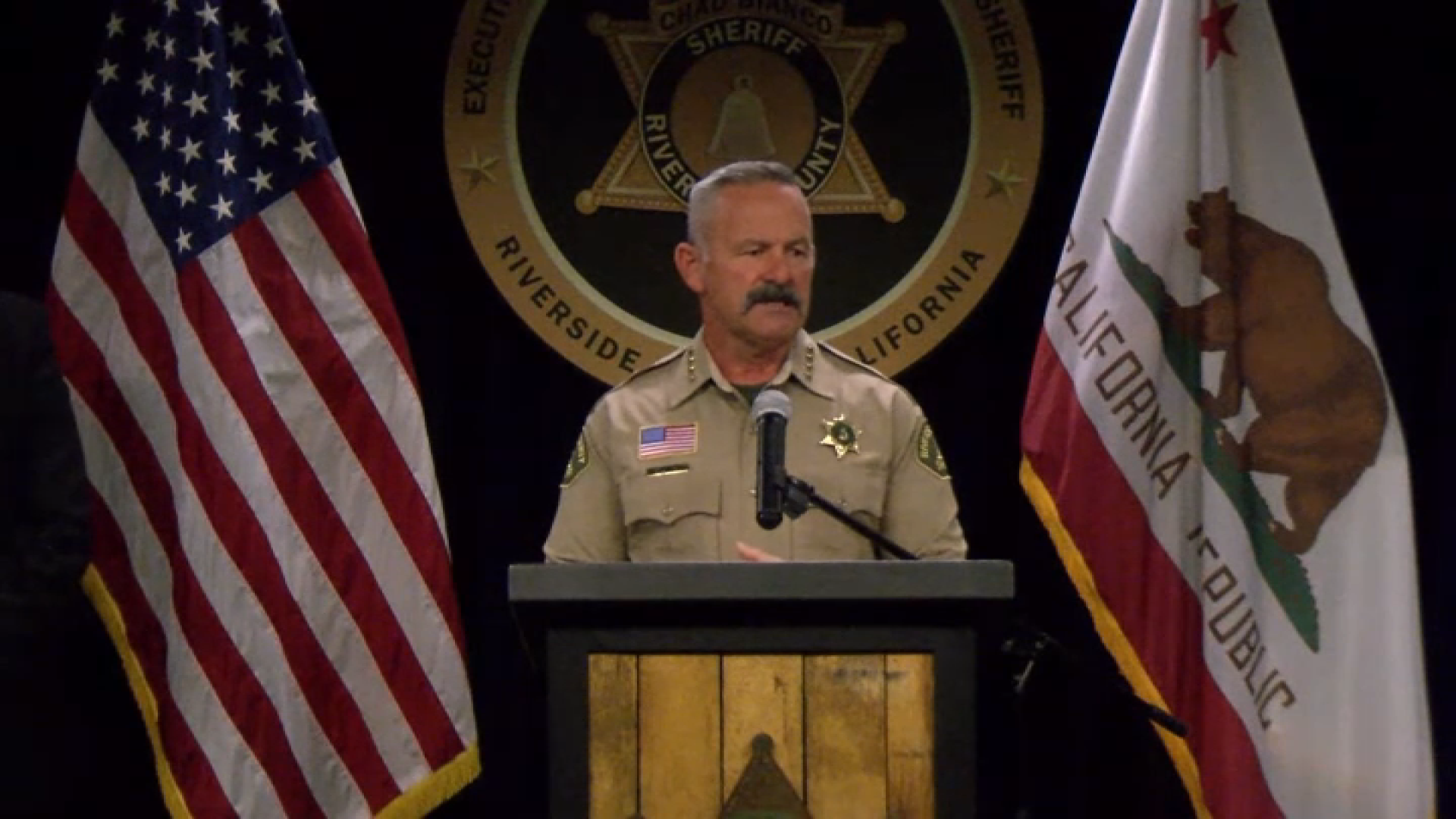As the polar ice caps melt, the Earth actually slows down, California scientists say.
Less ice at the Earth's poles and more water weight spread around to other places are leading to the planet slowing down.
"Human activity has changed the rotation of the Earth," University of California, San Diego geophysics Professor Duncan Agnew said.
Earth's rotation has been speeding up slightly for decades, but changes are unfolding.
Get top local stories in San Diego delivered to you every morning. >Sign up for NBC San Diego's News Headlines newsletter.
"That trend slowed, turned around, and is now going in the other direction," Agnew said. "That's all because of the effect of global warming."
His study points out that we may have to subtract a so-called leap second from our atomic clocks because of the slowing planet. That would be a pain for satellites, financial and energy systems that rely on precise timing.
"We've never had a negative leap second before," Agnew said. "It's hard enough synchronizing computers when you add a second, but nobody's prepared to do what's necessary when you have to have a negative second."
California
The biggest concern when it comes to melting ice is not a potential leap second.
"Land ice, when it melts, contributes directly to sea level rise," said Dr. Jennifer Francis with the Woodwell Climate Research Center.
But even alongside sea level concerns, the slowing planet is getting attention.
"It is definitely an interesting one," Francis said. "I don't think anybody will notice personally the effect of that."



